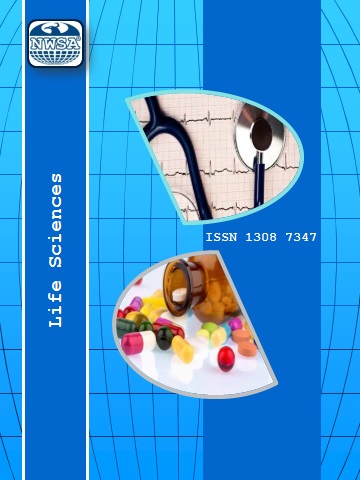|
Authors |
|
|||||||||||||||||||||||
|
|
||||||||||||||||||||||||
|
Supporting Institution |
: | |||||||||||||||||||||||
|
|
||||||||||||||||||||||||
|
Project Number |
: | |||||||||||||||||||||||
|
|
||||||||||||||||||||||||
|
Thanks |
: | |||||||||||||||||||||||
 +90(533) 652 66 86
+90(533) 652 66 86 nwsa.akademi@hotmail.com
nwsa.akademi@hotmail.com Fırat Akademi Samsun-Türkiye
Fırat Akademi Samsun-Türkiye
